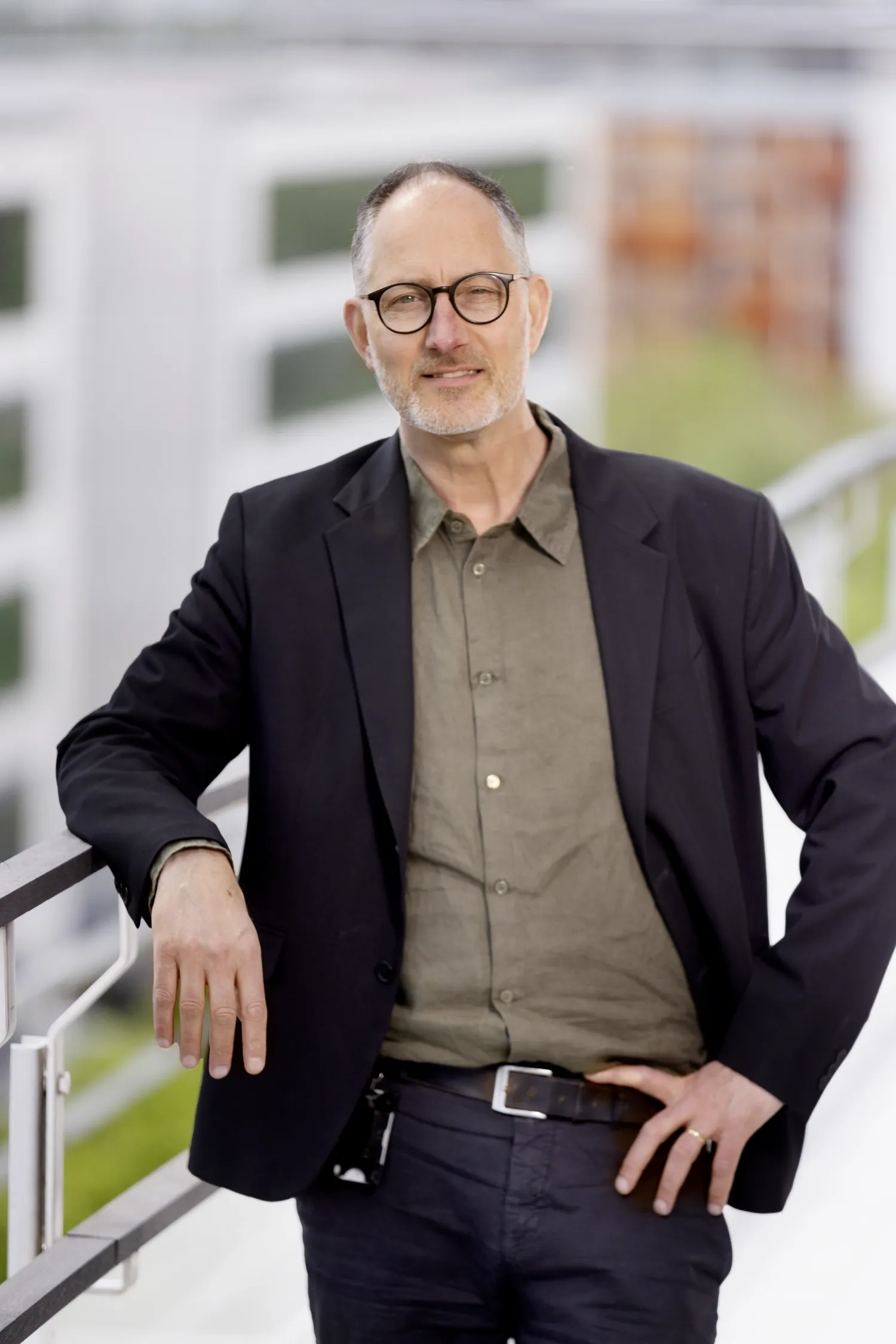It is the spread of tumours, metastases, which is the usual cause of cancer-related death. Jonas Fuxe researchers the mechanisms driving this process, with a focus on how cancer cells interact with their surroundings and mutate in order to take new paths. Meet one of the new professors of Karolinska Institutet who will participate in this year's installation ceremony at Aula Medica on 9 October.
Text: Karin Tideström, for KI's installation ceremony booklet 2025
What are you researching?
"I'm studying how and why cancer spreads, with a particular focus on how tumour cells change identity in order to invade other tissues. This is called cell plasticity, the ability of cancer cells to change and acquire new properties that make them more mobile and better at evading the immune system. My aim is to understand the molecular mechanisms behind the cells' behaviour and to aid in the development of better diagnostics and new therapies."

Why is this important?
"It's tumour spread, metastases, that usually leads to death from cancer. If we can understand how cancer cells become more inclined to spread, we can develop new ways to detect and stop them in time."
How are you going about this?
"We're using advanced molecular biological analyses and microscopy. Our research takes place in human tissue from patients and in experimental model systems. For example, we're analysing how different genes and signal proteins control the behaviour of cancer cells. We work with other research groups, so that we can tie our findings to real pathological processes in patients."
What are your main findings to date?
"We've discovered new molecular mechanisms that are involved when tumour cells become invasive, especially in breast cancer. And we've shown how inflammation and metabolism are connected to the cells' changed behaviour. One particularly important discovery is that lymph nodes seem to be able to 'attract' the most metastatic cancer cells - which can go a long way towards helping us understand how cancer spreads and how we can block it."
About Jonas Fuxe
Professor of Molecular Pathology at the Department of Laboratory Medicine
Jonas Fuxe was born in 1964 in Stockholm. He studied medicine at Karolinska Institutet and took his doctorate in cell and molecular biology in 2001. He was then a visiting researcher at the University of California in San Francisco; today, he is a professor and head of the Department of Laboratory Medicine at Karolinska Institutet, where he leads a research group in molecular pathology. He is also involved in teaching and academic leadership. Jonas Fuxe was appointed Professor at Karolinska Institutet on 1 June 2025.






